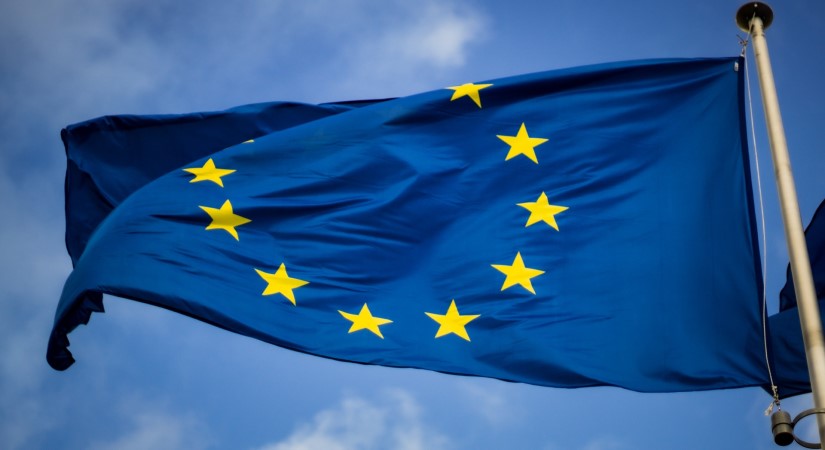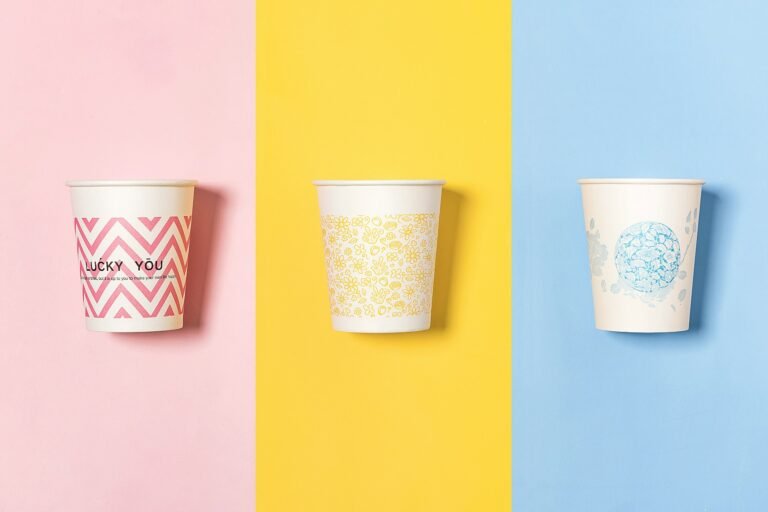
The European Commission wants to ban products made through forced labour. This concerns not only T-shirts made in China by oppressed Uyghurs but also all goods made forcibly from outside and within the European Union.
With this explicitly broad approach, Brussels hopes to avoid arousing the ire of China.
The European Parliament, among others, has long been calling for an import ban on products made by forced labourers in China, as the United States already knows. But the EU shied away from that for a long time to avoid offending China. The Commission is therefore not proposing an import ban but a broader measure and does not mention China by name.
While the US only allows products from the largely Uyghur province of Xinjiang if it is established that they are not manufactured under duress, the Commission proposes the opposite. However, areas and sectors where forced labour often occurs are included in a database. This allows the customs authorities and supervisors of the Member States to investigate malpractice in a targeted manner. They can also be put on track by a report from, for example, a human rights organisation.
The fact that the burden of proof would lie with the government does not mean that companies have free rein, EU officials emphasise. According to the plan, if a company does not cooperate with an investigation, a regulator can do with less evidence.
Because the authorities do not randomly check across the board but focus their attention on products with a bad smell, an average company does not have to fear extra red tape. Certainly, SMEs will not soon be in the crosshairs. Large-scale abuses take precedence.
If a product turns out wrong, the manufacturer or importer should take it off the market and destroy it, the Commission proposes. The costs thereof are for your account. If a company does not comply with such an order, fines may follow.
The EU countries and the European Parliament still must agree to the proposals. If they agree, member states will have another two years to prepare for the ban.







